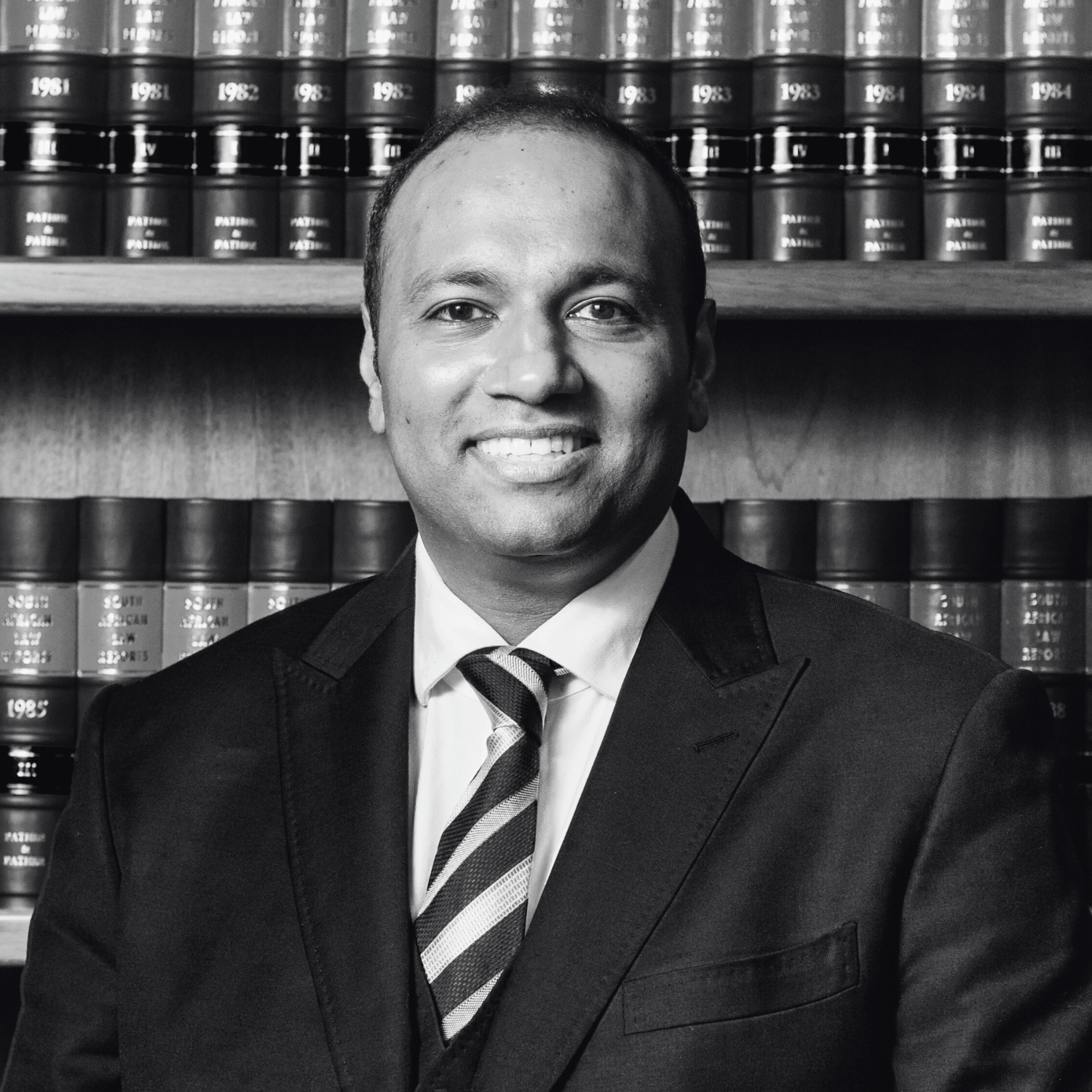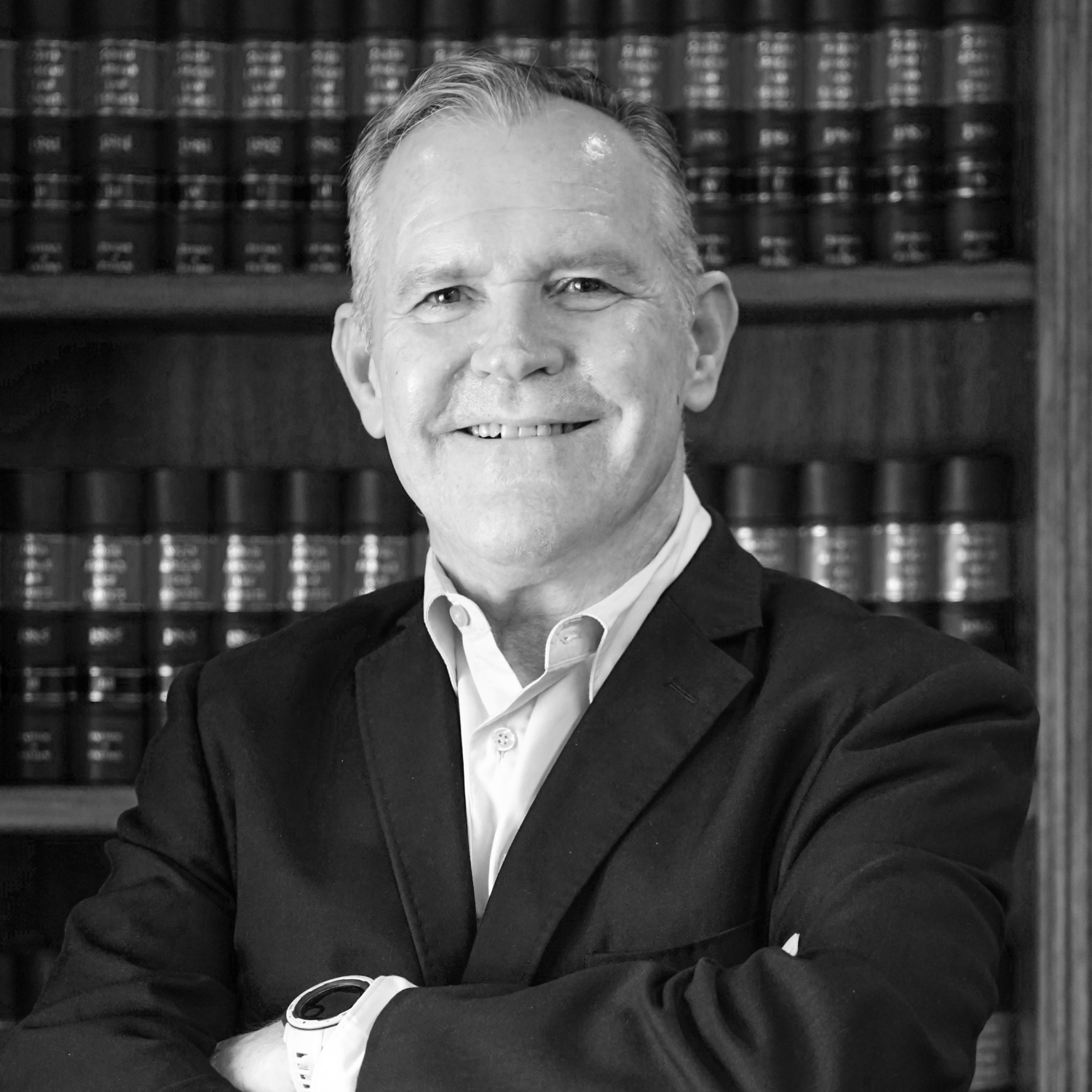A “living will” is a declaration or an advance directive which will represent a patient’s wish to refuse any medical treatment and attention in the form of being kept alive by artificial means when the patient may no longer be able to competently express a view.
In 1969 Louis Kutner, an American lawyer, first introduced the concept of the living will. In the USA currently, 3 states have statutory living will documents that allow for the appointment of a health care agent for limited end-of-life decisions. Three states have a statutory durable power of attorney for health care, 32 states have both a statutory living will and a durable health care power of attorney, and 13 states have statutory forms which combine both types of directives in one document.
In the UK living wills became legal in England and Wales in October 2007 as part of their Mental Capacity Act 2005.
South Africa came close to enacting similar legislation. In 1998 the South African Law Commission submitted to the Minister of Justice its Report 86 entitled Euthanasia and the Artificial Preservation of Life. It included a Draft Bill with the short title End of Life Decisions Act 1999.
This important measure of the Bill was intended to advance the care and promote the dignity of those with terminal or intractable and unbearable illness.
Up to now there has been no progress with the legislation. It seems our legislators are deterred by the strength of views that on the one hand insist that life is sacred and may not be ended by human choice, and on the other that there is a personal right to choose to die without indignity, even with the best provisions of modern palliative care. The Commission argued in its Report that it was inappropriate for the legislature to seek ways to balance religious views in a pluralist society.
Currently, living wills are not recognized in South Africa and has no legal force in law. However, our law does recognise each person’s right to accept or decline treatment. The Constitution of the Republic of South Africa states that everyone has the right to bodily and psychological integrity, which includes control over one’s own body. It is important to remember that a living will cannot include directives for active euthanasia or physician-assisted suicide, and you cannot ask a doctor to end your life.
Medical practitioners should respect “living wills”, provided they are satisfied that the directive represents the current wishes of the patient. However, it is important to emphasise that a living will in South Africa does not allow another person to make decisions on behalf of the patient. This can only be done through a healthcare proxy.
Depending on the wording of the living will and the condition of the patient, such a directive may be interpreted to include a request for a Do Not Resuscitate “DNR” order. DNR orders differ from advance directives in that they are written by treating physicians. However, the doctor’s decision may be based on the patient’s wishes in a living will or informed refusal by the patient or his or her healthcare proxy.
Alternatively, the living will may contain a clause requesting a DNR order if the person ceases to breathe or their heart stops beating and the prognosis is hopeless, and resuscitation is likely to result in severe suffering or a persistent, irreversible, unconscious condition with no meaningful existence. If you believe that DNR is an acceptable way to end life, you will need to make this clear in your living will.
A health care practitioner who actively resuscitates a person with a DNR order carries the risk that he might be accused of assault to a patient, since no voluntary or implied consent was given. In fact, there was an explicit wish not to be resuscitated.
The Health Professions Council of South Africa (HPCSA) implicitly recognises living wills in its “Guidelines for the Withholding and Withdrawing of Treatment”, which state that patients should be given the opportunity and be encouraged to indicate their wishes regarding further treatment and to place in writing their directives for future care in possible critical circumstances, and that an appropriately drafted living will may be used for this purpose.
The National Health Act furthermore allows for proxy decision-making on behalf of incompetent patients by allowing such patients to mandate a person in writing to make decisions on their behalf when they are no longer able to do so.
The South African Medical Association (SAMA) has advised doctors that they can comply with a living will where the patient is in a permanent vegetative state.
The practical approach seems to be that people should have a living will because, if they are in a coma or vegetative state, it will be the only document evidencing their wishes regarding end-of-life decisions. The facts and the doctor’s views will determine whether the living will be acted upon.
by Wim Visser


































